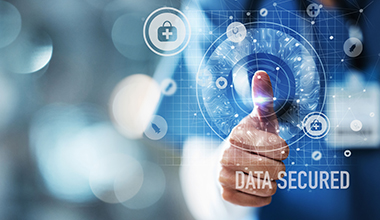
The healthcare sector is increasingly turning to technology to optimise patient care. According to a February 2024 study by the French Delegation for Digital Healthcare, 90% of the French public has already used a digital healthcare tool or service. Nevertheless, they remain weary, as 86% consider their medical data to be highly sensitive and fear hacking or use for commercial purposes.
Against this backdrop, medical institutions, both public and private, need to reassure their patients and provide them with reliable solutions for safeguarding their medical data.
Regulatory requirements and better processing
Protection of personal data, improved treatment and care… There are many issues at stake. Those hosting digital medical data have many obligations. They must comply with all the relevant laws, including the GDPR (General Data Protection Regulation).
However, access to digitised medical data allows healthcare professionals to better understand, prevent and treat diseases, as well as personalise treatments according to patients’ pathologies and medical histories. Data digitisation and interoperability are seen as fundamental steps towards more efficient data management.
Necessary confidentiality and security

Digitising and storing medical data ensures that healthcare professionals comply with current regulations, particularly those relating to the GDPR.
The importance of cyber security is growing all the time, given the upsurge in attacks on medical institutions and the exploitation of medical data on the dark web. Medical data requires unrivalled confidentiality. Its classification and storage must therefore be subject to encryption processes, access controls or other proven security measures such as cryptography and authentication.
The need for reliable digitisation
Faced with all these challenges, medical institutions in France can turn to an external service provider for the reliable digitisation of their medical records, provided the service provider is NF 544 certified. This certification ensures they meet strict standards for data security, protection and confidentiality. It must be renewed regularly through compliance audits. This is a way for healthcare establishments to free themselves from the potentially complex task of ensuring regulatory compliance themselves.
Electronic storage of medical data: the EAS solution
The use of an electronic archiving system (EAS) offers many advantages, as it provides medical institutions with a copy of patients’ medical data and ensures complete traceability of all operations carried out on their medical records. In their digital form, medical records can be consulted at any time, almost instantaneously. This saves healthcare professionals a considerable amount of time, allowing them to refocus on their relationships with patients and improve their care.
Improving time and resource management allows for better coordination and continuity of care between different medical services and medical professionals. To prevent the risk of hacking or a data breach, the EAS uses enhanced security to protect medical data while also ensuring its long-term preservation.
Would you like to optimise the management of your medical records? Contact our experts.







